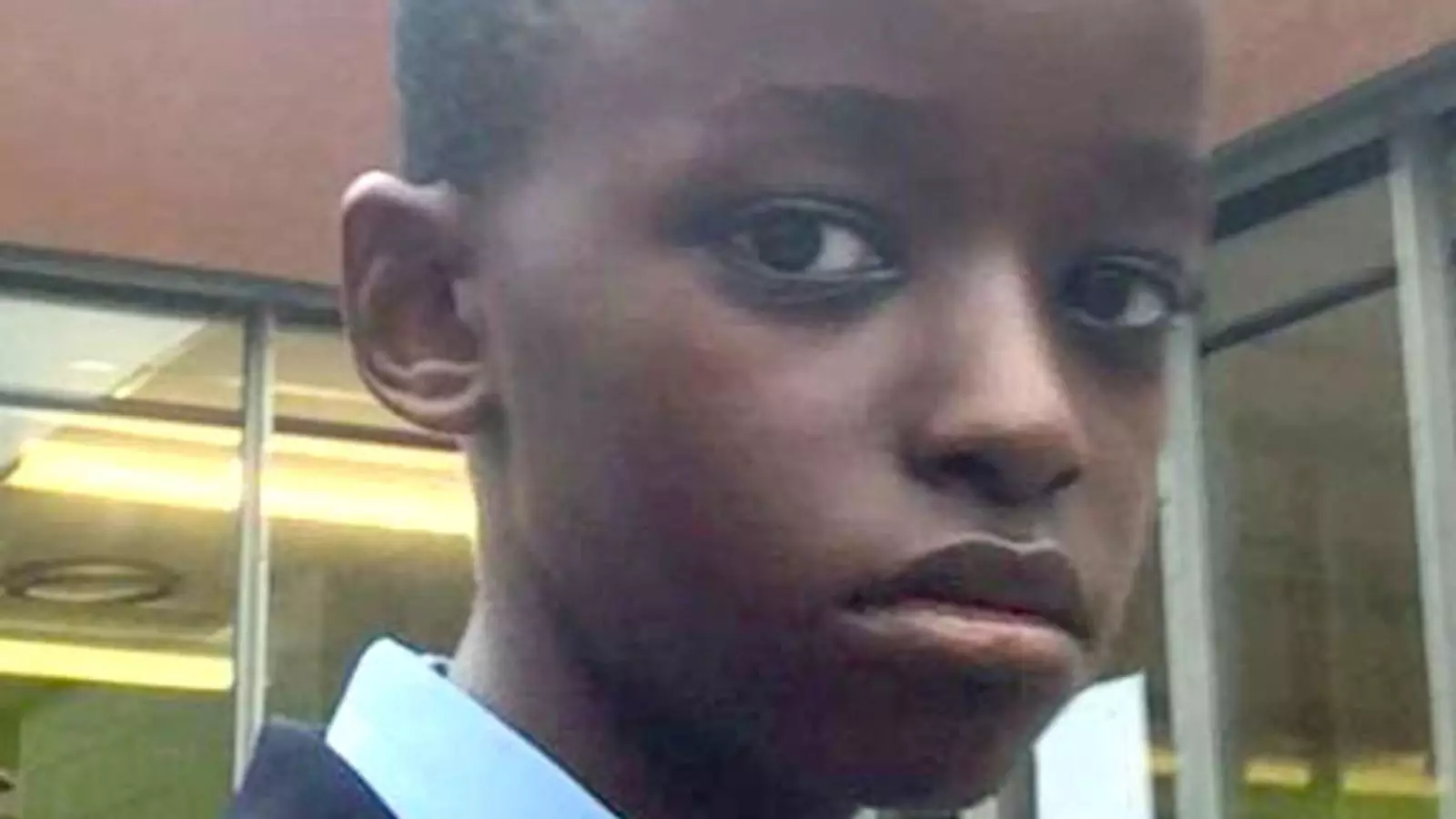The tragic event that unfolded in Southport has left the community, and indeed the entire nation, grappling with shock and disbelief. Axel Rudakubana, an 18-year-old suspect, stands accused of committing heinous acts during a Taylor Swift-themed dance class where he allegedly stabbed three young children, all innocent lives that were cut short far too soon. The gravity of the situation is compounded by the subsequent discoveries made during police investigations.
The attack, which occurred on July 29, is not only a testament to the despairing violence that can erupt in society but also points to the urgent need for comprehensive discussions surrounding mental health, societal influences, and the necessity for systemic changes. The charges against Rudakubana encompass more than just murder; they have led to troubling revelations about potential connections to biological weapons and extremist ideologies.
Rudakubana’s recent court appearance at Westminster Magistrates’ Court was marked by his subdued demeanor, a stark contrast to the alleged brutality of his acts. His silence during the proceedings raises questions about his mental state and the psychological influences that may have played a role in both the stabbings and his current behavior in court.
New accusations emerged related to the production of ricin, a highly toxic biological agent, alongside the possession of an al-Qaeda training manual. These allegations significantly expand the narrative around this case, linking it to broader themes of terrorism and biological threats. Importantly, Rudakubana has yet to enter a plea regarding these additional charges, which raises the stakes for the legal proceedings set for mid-November. The implications of these serious accusations introduce a complex layer to understanding Rudakubana’s motivations and the potential threats he poses to society.
In the aftermath of the stabbings, the community’s response has been a cocktail of grief, anger, and confusion. Misinformation regarding Rudakubana’s background exacerbated tensions, leading to widespread far-right riots across the country. The false narrative, claiming that he was an asylum seeker, fueled extremist sentiment and prompted violent unrest. This underscores a concerning trend in how misinformation can incite public outrage and lead to severe societal consequences.
The police’s response to the riots, with over 1,500 arrests and nearly 400 individuals incarcerated, illustrates the tempestuous nature of public sentiment in times of crisis. The government’s insistence that the alleged terrorist aspects of Rudakubana’s actions have not been confirmed stands in stark contrast to the fears and impulses that have erupted in community responses across the UK. Such contradictions highlight the complexities of law enforcement in addressing not just the crime but also the societal fallout that follows such acts of violence.
The recent developments in Rudakubana’s case have sparked questions from various political figures, including Sir Keir Starmer’s peers, about the decision-making process within the Crown Prosecution Service (CPS). The insistence from Downing Street that the timing of the announcement regarding his new charges was not politically motivated points to a desire for transparency in a volatile situation.
In essence, this case is more than just a local tragedy; it presents a litmus test for how society perceives issues of crime, mental health, and terrorism. The implications reach far beyond this specific incident, tying into broader discussions about national security, community safety, and the need for clear communication from authorities amidst turmoil.
With a provisional trial date set for January of the following year, the coming months will be crucial in developing a clearer understanding of any systemic failures that may have contributed to these tragic events. The outcome of this case holds significant weight, not only for the victims’ families seeking justice but also for the greater societal acknowledgment of the rapid rise of extremist ideologies and potential threats lurking within the shadows.
The Southport stabbings and the subsequent legal proceedings against Axel Rudakubana expose deep vulnerabilities in our societal fabric, emphasizing a collective need to address and understand the factors that contribute to such tragic incidents. As the legal process unfolds, the hope remains that it serves as a catalyst for meaningful change and increased awareness in protecting both community and individual mental well-being.


Leave a Reply